Étudier l’État à partir de l’informalité. Répression et résistances autour du commerce informel de carburant
Article complet du #76 | L’État en processus d’informalisation
Résumé
Le commerce informel et transfrontalier des produits pétroliers provenant du Nigéria s’est enraciné, au début des années 1990, dans un contexte de crise économique et politique marquant le passage d’un État-providence à un État libéral et de marché. La porosité de la longue bande frontalière et les accointances entre douaniers et contrebandiers ont depuis favorisé l’institutionnalisation sociale et économique d’une activité informelle pourvoyeuse d’emplois et intégratrice de milliers d’exclus, de sans-emplois et de chômeurs au Bénin. Au fil des ans, le commerce informel du carburant de contrebande (le « kpayo ») s’est socialement légitimé, s’est intégré au quotidien des populations béninoises et s’est substitué aux stations-service pratiquant des prix prohibitifs. Les multiples tentatives de l’État central pour l’éradiquer se soldent par des échecs, y compris la dernière campagne démarrée le 17 novembre 2012. Arrestations, saisies, morts et autres drames n’empêchent pas le liquide controversé de couler à flots dans les réservoirs des citoyens et de rester concurrentiel.
À rebours des théories en vogue sur l’informel, ce papier adopte une posture socioanthropologique multicentrée et critique. Il associe l’économique au social et au politique pour interroger à partir de données recueillies au Bénin entre 2012 et 2014, l’action publique contre le « kpayo ». J’examine les représentations, les pratiques (non) officielles et les négociations entre un État régalien désireux de contrôler ses frontières pour augmenter les recettes douanières et un État d’usagers et de contrebandiers déterminés à maintenir coûte que coûte une activité informelle, structurant de manière décisive toute une économie formelle.
Abstract
The trans-frontierism and informal commerce of Nigerian oil products arose, in the early 1990s, from a context of political and economic crisis, marking the country’s shift from a welfare state to a liberal and market state. The porous nature of the country’s long, stripe-like borders and the acquaintanceship between customs officers and contraband dealers favoured the social and economic institutionalization of an informal activity as a means for employment, thereby integrating thousands of excluded and jobless citizens of Benin. Over time, the informal commerce of fuel (known as “kpayo”) was socially legitimized. It became integrated into the daily lives of the Beninese population, and was substituted to gas stations which had otherwise prohibitive prices. The centralized state’s multiple attempts to eradicate the practice failed, including its last campaign, begun November 17, 2012. Arrests, seizures, deaths, and other tragedies did not impede the controversial liquid from flowing into the citizens’ reservoirs and remaining competitive.
Beyond presenting popular theories on the informal, this paper adopts a critical, multi-centric, and socio-anthropological perspective. It associates the economy to the socio-political in order to question the data gathered in Benin between 2012 and 2014, as well as public action against “kpayo.” I will examine the representations, the (un-)official practices and the negotiations between the state sovereign desire to control its borders to augment border-associated revenues and a state of users and contrabanders determined to maintain, whatever the cost, an informal activity, ultimately decisively affecting and structuring the formal economy.
Article complet du #76 | L’État en processus d’informalisation

